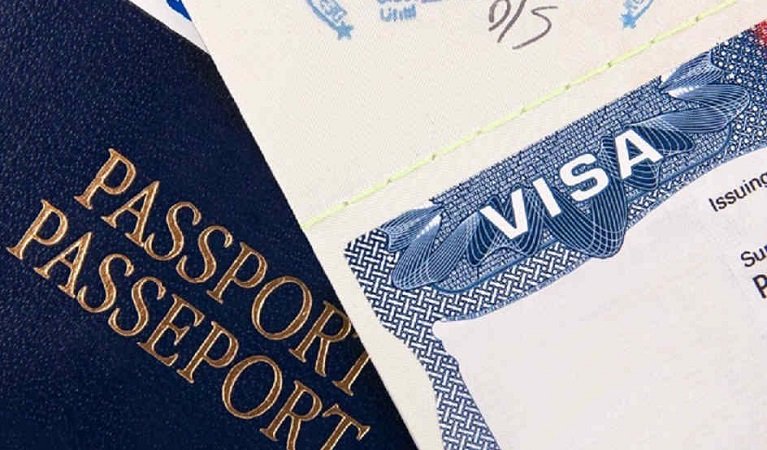Is Africa Digitally Dominated by Surveillance Capitalism?
A silent but profound form of dominance is underway, spearheaded not by nations but by tech behemoths that dominate the digital realm. It pertains to these powerful entities’ control and use of data, algorithms, and digital spaces to extend their economic and political dominion. It is crucial to note that the parallels between this digital age and the era of historic dominance of foreign nations are stark. Much like the scramble for African territories in the past, today, the continent is a battleground for user data, with corporations vying to extract valuable information, often without the individual’s explicit consent. Modern Manifestations through Data Extraction by Tech Giants The depth of this new-age dominance is seen in data extraction. Tech giants develop platforms and algorithms with addictive properties, encouraging users to give away more of their data, which is then harnessed for economic gains. According to scholars like Shoshana Zuboff, this age is characterised by “surveillance capitalism,” a system where human experience is unethically translated into data, which is then leveraged for profit. Drawing a clear line between history past and today’s digital age, we notice a common element of exploitation. The economic disparity fostered through the historic domination of foreign powers is mirrored in the digital space. Today, African countries provide raw data, akin to raw materials, which are processed and monetized elsewhere, rarely returning derived economic benefits back to the continent, at least not in fair proportion. The Role of Data in Modern Business The adage “data is the new oil” has recently gained prominence, underscoring data’s centrality in driving modern business landscapes. Corporations leverage vast amounts of data to gain insights, streamline operations, and foster innovation. Harvard Business Review notes that data-driven organizations are 23 times more likely to acquire customers, six times as likely to retain customers, and 19 times as likely to be profitable as a result. The vast amount of data harvested from digital platforms allows businesses to tailor products and services to individual preferences, radically altering the landscape of trade and commerce. Additionally, McKinsey Global Institute asserts that data-driven strategies can unlock economic benefits, including increasing profitability by 60% for retail companies. The African Landscape Turning our lens towards the African continent, we find a region buzzing with digital potential yet contending with a mosaic of policy landscapes on data protection and cyber security. As per the UN Conference on Trade and Development (UNCTAD), while African nations have been making strides in developing digital economies, 66% of countries still lack data protection and privacy laws. African nations are at a pivotal juncture where the right policy frameworks can catalyze a burgeoning digital economy. However, this path is fraught with challenges, including infrastructure deficits and a digital divide that threatens to leave many behind. • South Africa: As a frontrunner, South Africa’s Protection of Personal Information Act (POPIA) represents a comprehensive approach to data protection, positioning the nation as a leader in safeguarding user data in the digital space. • Nigeria: In Nigeria, the National Information Technology Development Agency (NITDA) established guidelines for data protection. Despite this, experts argue that enforcement remains a substantial challenge, with corporations largely self-regulating, resulting in potential conflicts of interest. • Ghana: The Data Protection Act of 2012 in Ghana stands as an early move in West Africa to establish a legal framework for data protection. Yet, there remains room for bolstering enforcement mechanisms and fostering broader public awareness regarding data rights. Limits of Data Protection Laws As we venture deeper into the intricacies of digital dominance, it becomes key to trace the existing loopholes in the data protection laws that render them less effective. According to a report by the Global Privacy Assembly, many African nations struggle with enforcement mechanisms, illustrating a gap between policy formulation and its actual implementation. An Instance of Data Privacy Violations Historically, we’ve witnessed significant breaches that highlight these loopholes vividly. For instance, the South African company, Liberty Holdings, suffered a cyber-attack a few years back, resulting in a considerable data breach. These incidents signify the vulnerabilities entrenched in the digital sphere and point to a pressing need for robust protective frameworks. Though designed to act as deterrents, sanctions often fall short in the dynamic digital landscape. An article published in the Journal of International Affairs points out that sanctions often fail to prevent exploitation fully, given the rapid advancements and the evolving nature of technology. Market Domination Venturing into the sphere of market dynamics, we find large tech companies assuming almost monopolistic positions, controlling vast swathes of data. This market concentration can diminish competition, stifle innovation, and result in economic imbalances, a scenario frighteningly reminiscent of history past where a select few controlled the resources. The Role of Competition Enforcement in Safeguarding Interests To counteract this dominance, competition enforcement emerges as a vital tool. Experts suggest that fostering a competitive environment could act as a check on the monopolistic tendencies of these behemoth tech companies, thereby safeguarding broader interests. The African Competition Forum (ACF) has been pivotal in promoting a culture of competition by encouraging national competition policies and creating awareness among stakeholders. Social, Political, and Economic Implications Digital dominance carries deep-seated repercussions reverberating through African society’s social, political, and economic fibres. On the social front, there is a palpable increase in the digital divide. Politically, data has become a tool for manipulation and misinformation. The Cambridge Analytica scandal is a stark reminder of how data harvested can be used to manipulate voters in various African countries, underscoring a pressing need for stringent data governance frameworks. Economically, the essence of digital dominance pivots on data exploitation – deemed as the ‘new oil.’ This exploitation results in economic disparities, with African countries losing out on the monetary benefits that should ideally accrue from the judicious use of their data. Forward Outlook from the Past As we cast our gaze back to the Berlin Conference, a seminal moment which orchestrated an unprecedented scramble for Africa, we find the roots of a persistent battle against external dominance –
Is Africa Digitally Dominated by Surveillance Capitalism? Read More »




